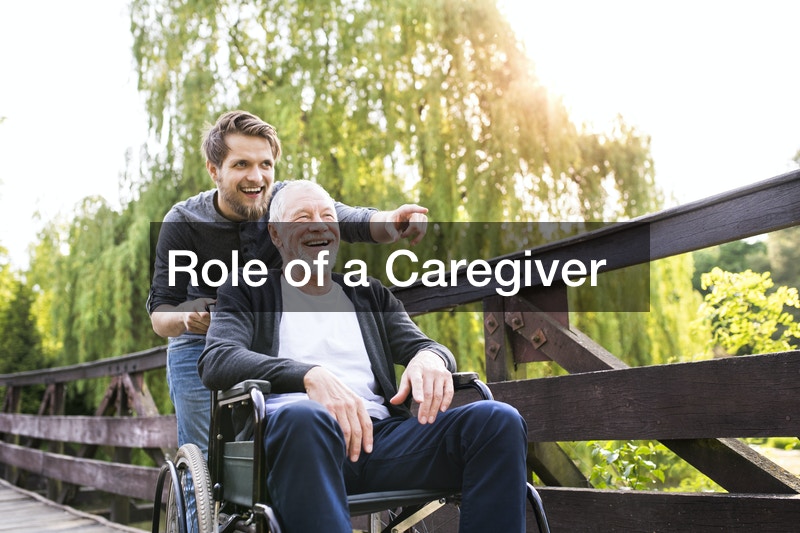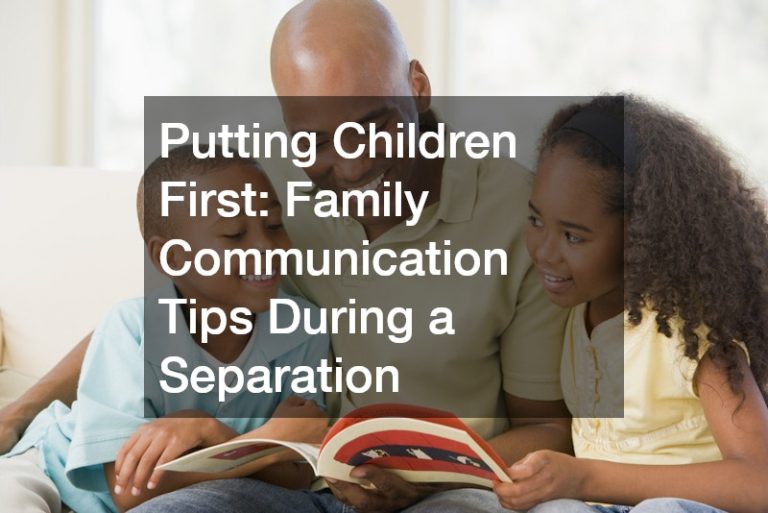
As someone who is taking care of your loved one, you may provide support to the person’s day-to-day activities, medical needs, emotional needs and may need to make key decisions on behalf. The degree of involvement may vary according to the needs of your loved one. The needs can be broadly categorised below:
Helping your loved one in dressing up, toileting and conducting household tasks such as buying groceries and chores.
Ensuring your loved one is exercising, eating balanced meals, and taking medication in a timely manner.
Providing a listening ear to your loved one, and showing care and support.
You and your senior can join support groups in the community.
Encouraging your loved one to continue his/her practice of religious beliefs.
Managing daily expenses, insurance, assets, and managing finances for his/her future.
Start early conversations on care needs and arrangement with your loved ones should they lose mental capacity. This includes completing an Advance Care Plan and Lasting Power of Attorney. Find out more on Advanced Planning & Legal Tools.
Caregivers are so important to those who need assistance.
.







